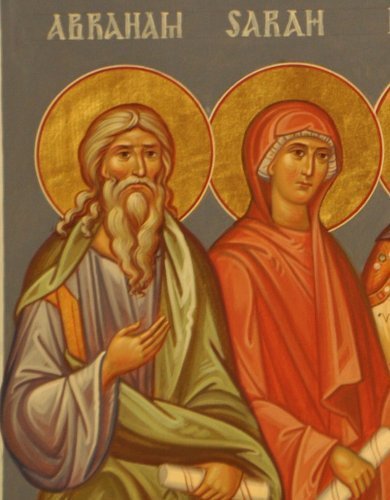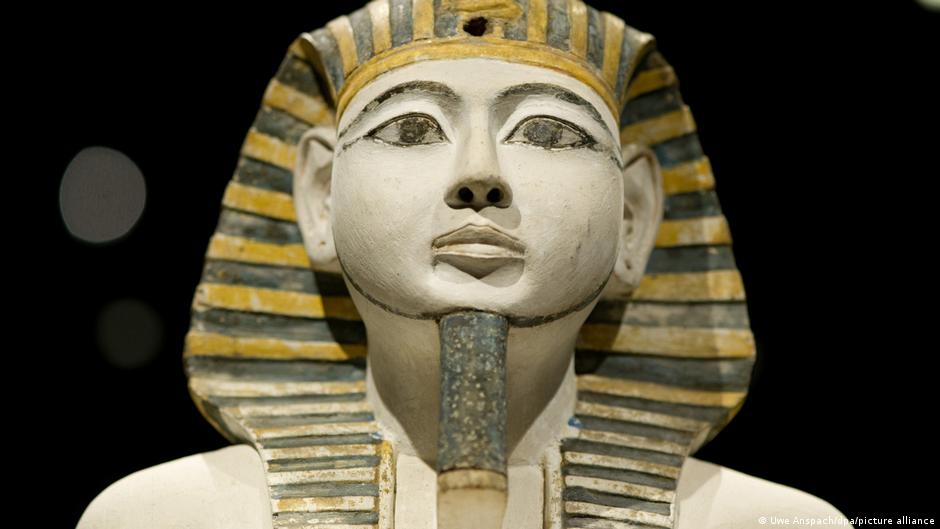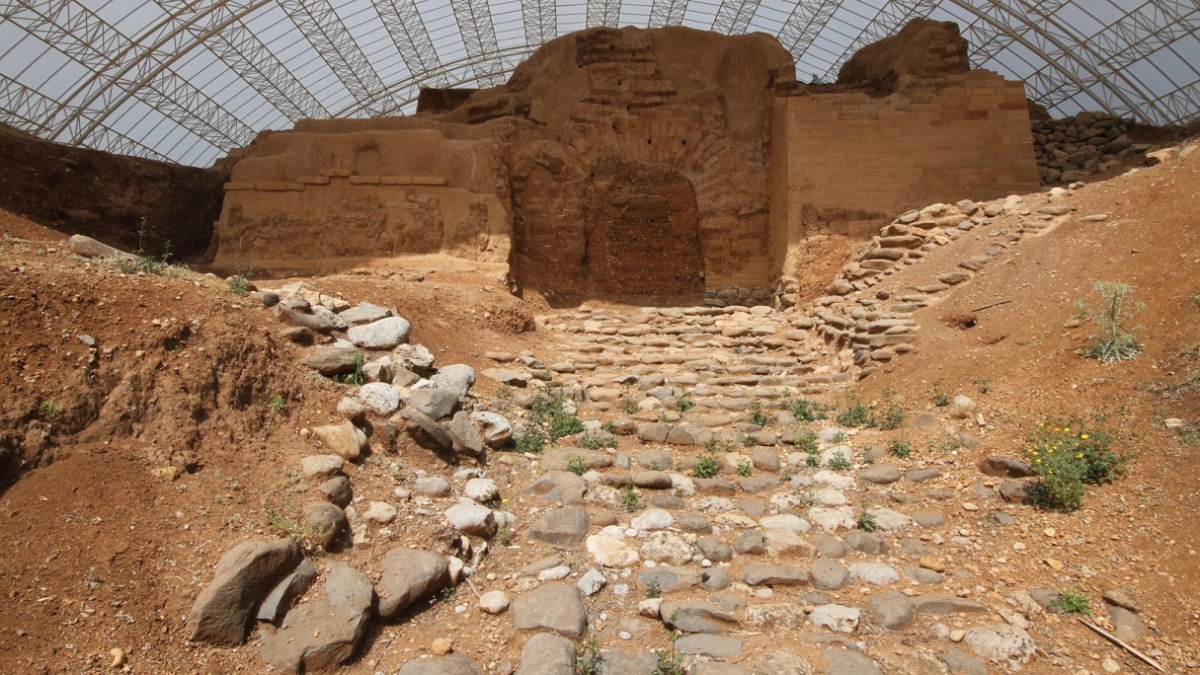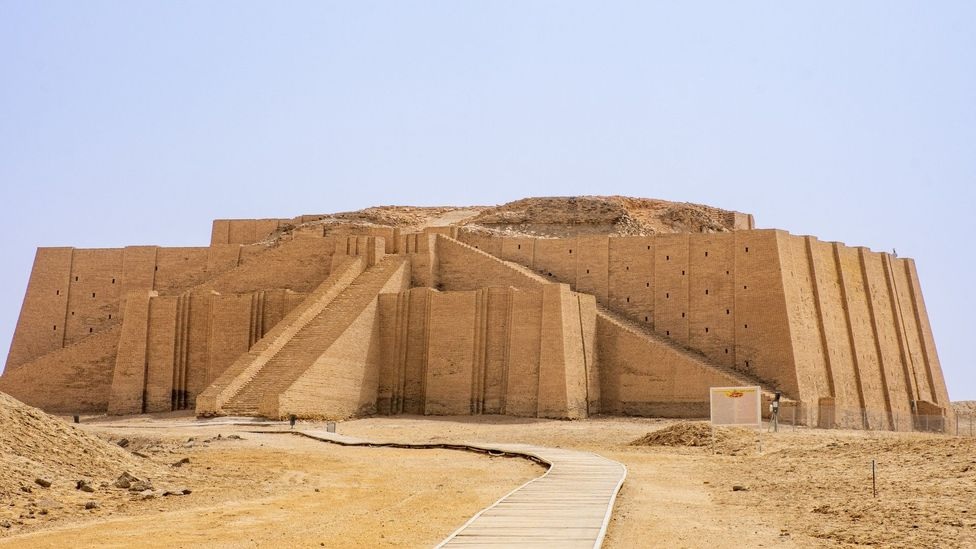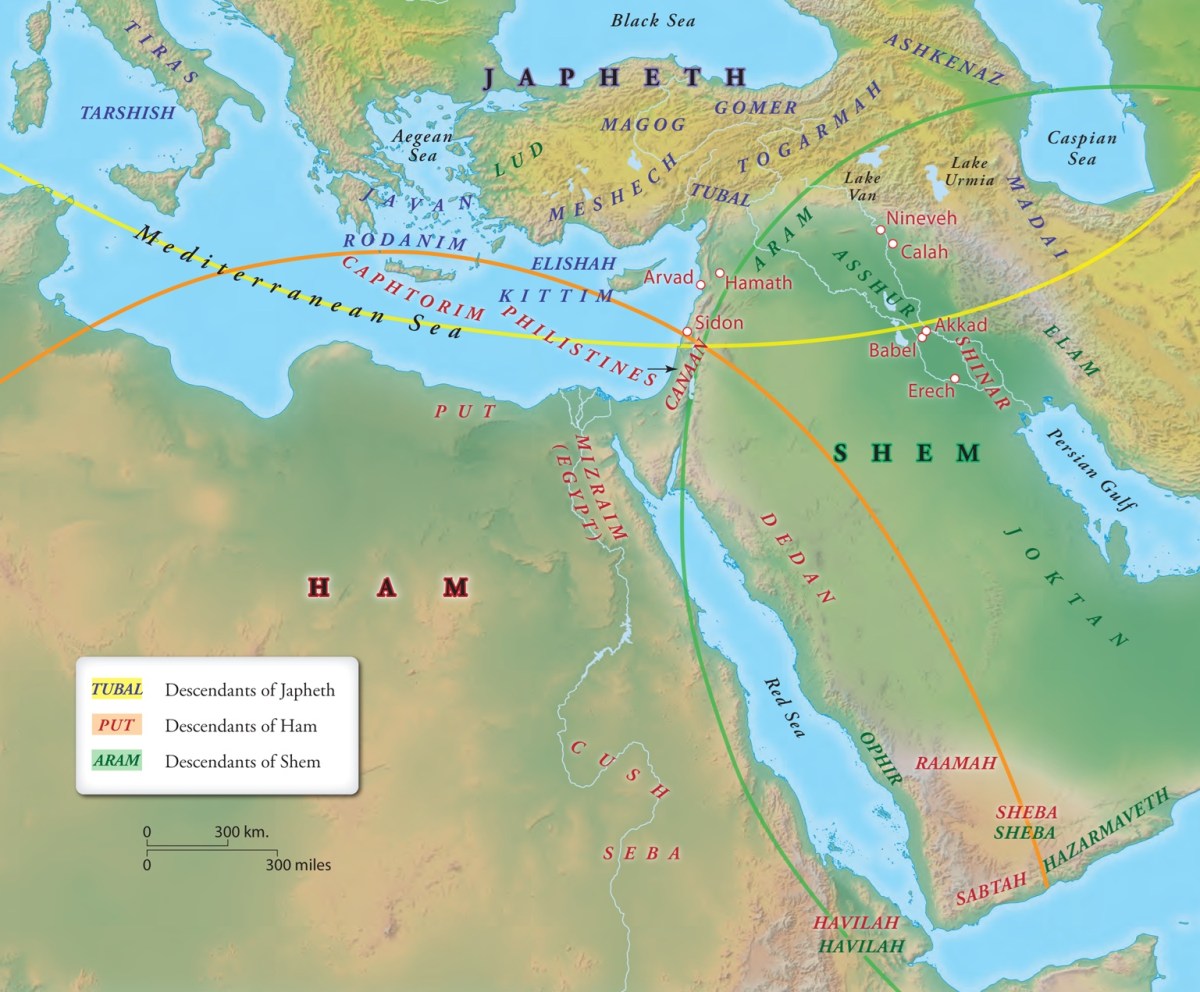If Jesus was teaching his people today, I wonder if he’d tell a story along these lines:
Exploring the Bible
Join us in person or by podcast for this free course on the grand narrative of the Bible, and our place in what God is doing on earth.
UPDATE 2026-02-26: Added podcast for Week 3, and notes for Week 4.
What is the Bible? Where did its books come from? What is the story line? How does it shape the way we live in relationship with God today?
Whether you’re new to the Bible or have been reading it for years, you won’t want to miss this. If you wondered how the laws of the Old Testament apply to us, or how the wars of King David fit with Jesus’ teachings, this is for you. What do we need to know to benefit from the poetry of the Psalms or the challenge of the Prophets? How does Jesus fit with Israel’s story? How does grace fit with the Law? How do first century letters shape the church today?
Was the Bible inspired by God or written by people with their own language and worldview? How do we meet God in Scripture? What do we do when we’re not sure what it’s saying?
Postcard from the Psalms
How lovely is your dwelling place, O Lord of hosts! (Psalm 84:1). What did that mean when they penned those words in Old Testament times? What does it mean for us as we receive their words today?
This podcast demonstrates how to hear the Psalms as inspired Scripture, first in their setting, then in ours. Apply this example to the other 149 Psalms, and see the whole book come alive in its original setting and in light of Christ.
Isaiah: introducing the good news
Join us in person or by podcast for 12 sessions of “Formed in God’s Story: Isaiah.”
UPDATE 2025-11-28: All podcasts and full notes.
The New Testament quotes one Old Testament prophet more than all the others put together. Can you guess which one?
Formed in God’s Story: Romans 9–16
Join is in person or by podcast for twelve sessions in the second half of Romans.
Update 2025-09-11: Added final pocasts, and full notes.
Where does the gospel take us? What kind of world is created as the Spirit of God sets us right through trust in his Anointed? What kind of community develops as people do right by each other as the expression of faithfulness to God, mirroring the way God in Christ did right by his earthly realm out of his faithfulness to us?
Romans 9–16 explores these questions. We are no longer a divided, warring people, for those who were not God’s people are now called God’s people. We offer ourselves in God’s service, to love each other sincerely, sharing meals together as the Father’s family, embodying the transformation that comes to the world as we recognize God’s Christ is our Lord.
In August/September 2025, we’re exploring these chapters together, with two sessions each Wednesday evening. The notes are available as a single PDF covering Romans 9-16, or as separate PDFs for each week along with the podcasts below .
God’s Story shapes us (podcast) (2 Timothy 3)
You might move continents if you received the right opportunity. God is calling you to live in his God-breathed story, to participate in something far bigger than you own brief lifetime.
This podcast (30 minutes) was recorded 18 May 2025 at Riverview Church 18 May 2025 as part of series in 2 Timothy.
Continue reading “God’s Story shapes us (podcast) (2 Timothy 3)”
Invitation to Romans
Update 2020-06-14: Notes and podcasts are now available for all sessions, along with a PDF of the notes for all six weeks.
Fourteen years ago, I set out to seek the kingdom of God, the centre of Jesus’ teaching and mission. Nine years ago, I launched this blog to share the results. Now I’m ready to apply this research to the book of Romans.
The kingdom perspective brings freshness and depth to familiar words like gospel, faith, righteousness, and salvation. These life-giving words restore relationship between heaven and earth, revealing how our heavenly sovereign, out of faithfulness to us has done right by us in providing his Christ as our Lord. This gospel calls for us to respond with faithfulness to him, so his life in us results in us being right with him and doing right by him in response, so earth is restored as a mirror of heaven’s faithfulness and righteousness to us. That’s the impact of the gospel we see in Romans.
Podcast – Genesis 12
This podcast (22 min) covers the topics blogged on Genesis 12:
Included posts:
- Kingdom: partnership with God (Gen. 12:1-9)
- Abram and this world’s rulers (Gen. 12:10-20)
You can download the notes on Genesis 11–12, or the full notes for the series (75-page PDF).
This is the final podcast from the series Formed in God’s Story: Genesis 1–12.
Previous podcasts:
Abram and this world’s rulers (Genesis 12:10-20)
What happens to God’s plans to save the world if we’re unfaithful? Abram’s encounter with Pharaoh has the answers.
God partners with Abraham to save the world. The flaw in God’s plan is God’s determination to partner with us. Haven’t we already seen that the world is unsustainable when humans are unfaithful to God? (Genesis 6:5-13)
What if Abraham is unfaithful? Won’t our unfaithfulness destroy what God is building through us? Won’t our unfaithfulness nullify God’s faithfulness? (Romans 3:3)
God’s whole kingdom project seems unstable:
Continue reading “Abram and this world’s rulers (Genesis 12:10-20)”
Kingdom: partnership with God (Genesis 12:1-9)
In calling Abraham, God begins the mission of restoring heaven’s reign to the nations of the earth.
The whole earth belongs under God’s sovereign authority, but the nations went their own way (Genesis 10) and the kingdoms tried to take over God’s world (Genesis 11). God responds by calling Abraham into partnership with himself.
God launches a different kind of kingdom. Genesis 12 is the bridge from the nations to God’s nation. Abraham is the bridge to a new world in partnership with divine leadership:
Continue reading “Kingdom: partnership with God (Genesis 12:1-9)”
Podcast – Genesis 11
This podcast (38 min) covers the blog on Genesis 11:
A kingdom trying to take God’s world (Genesis 11)
You know the Tower of Babel? Everywhere else in the Old Testament, Bā·ḇěl is translated “Babylon.” Babylon (Babel) was not a tower; it was a city. And the city had a tower:
Continue reading “A kingdom trying to take God’s world (Genesis 11)”
Podcast – Genesis 10
This podcast (32 min) covers the end of Genesis 9 and Genesis 10.
The nations (Genesis 10)
What’s the point of listing the nations in Genesis 10? It’s a big deal in the big story.
Chapter 10 is a new family story. We heard the tô·lē·ḏôṯ of Noah (6:9). Now it’s the tôlēḏôṯ of Noah’s sons (10:1, 32).
It’s about the nations descended from Noah’s sons. The nations go their own way, so God will call Abraham to establish a nation — a nation to restore the blessing that the nations are missing (Genesis 12:1-3).
Naturally, the list of nations only covers the nations Israel knew. There’s nothing about the cultures of ancient China or south America, nothing on the first nations of Australia. But don’t let that dimmish your appreciation for what Israel was doing by recognizing the other nations:
The drunken leader (Genesis 9:18-29)
What should we make of Noah’s indiscretion?
How does Noah handle the additional responsibility God gave humans after the flood? Remember God gave us authority over the lives of others for the first time (9:6), while enshrining his own responsibility over us with a covenant (9:8).
Noah doesn’t handle it well:
Podcast – Genesis 9
This podcast (36 min) covers the topics blogged from Genesis 9.
God’s covenant with earth (Genesis 9:8-17)
What’s the significance of the Noah covenant?
God’s world has been ruined (Genesis 7), rescued (Genesis 8), and reconfigured (Genesis 9). After the flood, God addressed the matter of violence by giving humans authority over each other’s lives for the first time. If God handed over authority like that, has he abdicated?
Absolutely not! The heavenly sovereign clarifies that point by making a covenant with his earthly realm. God commits to keep reigning over us forever, regardless of how difficult we are to manage. That’s the point of the first covenant in Scripture.
Continue reading “God’s covenant with earth (Genesis 9:8-17)”
God reconfigures the world (Genesis 9:1-7)
Genesis 9 is effectively a new creation. As Noah emerges from his little preservation box after a year, he offers gifts in recognition of the Lord’s authority, and God affirms the order of creation (8:22).
So, what’s the same in this new creation, and what’s different? That’s what Genesis 9 is all about.
Continue reading “God reconfigures the world (Genesis 9:1-7)”
Podcast – Genesis 8
This podcast (35 min) covers the blog post on Genesis 8: Rescued.







